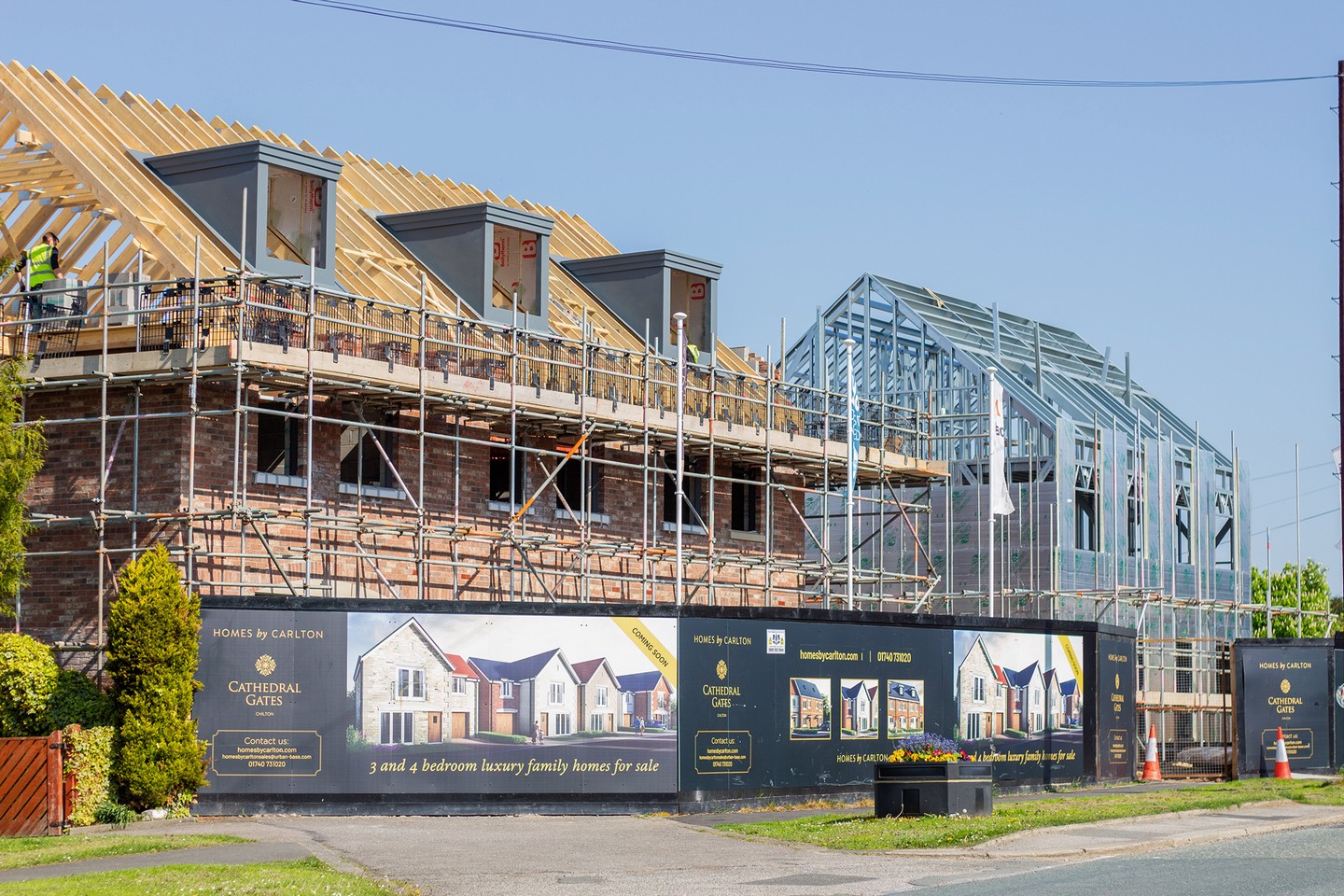An efficiency contractor is a new professional that specializes in setting up insulation materials throughout residential, commercial, plus industrial buildings to be able to improve energy effectiveness, comfort, and interior air quality. Insulating material contractors work with various types involving insulation materials, like as fiberglass, cellulose, foam, and nutrient wool, in order to meet the particular specific needs of each and every building and project. Here are many key responsibilities in addition to services provided by insulation contractors:
Assessment and Consultation: Insulation installers assess the insulation needs of properties by evaluating factors such as developing design, energy consumption, climatic conditions, and existing insulation. Click here to find out more give recommendations and meetings to help property owners choose the virtually all appropriate insulation components and techniques for their particular needs.
Insulation Unit installation: Insulation contractors install insulation materials in walls, attics, floor surfaces, ceilings, crawl spots, and other locations of buildings to be able to reduce heat move and improve cold weather efficiency. They work with specialized tools and even ways to ensure suitable installation and protection of insulation components, minimizing air seapage and thermal linking.
New Construction and Retrofitting: Insulation companies focus on both new construction projects in addition to existing buildings having renovation or retrofitting. They install efficiency through the construction period or retrofit insulation to boost energy overall performance and comply with building codes and even energy efficiency requirements.
Air Sealing: Throughout addition to installing insulation, insulation installers often perform atmosphere sealing measures in order to minimize drafts, atmosphere leaks, and infiltration of outdoor air into buildings. Surroundings sealing helps improve energy efficiency, inside comfort, and indoor air quality by simply reducing heat damage and moisture infiltration.
Moisture Control: Efficiency contractors may in addition provide moisture control services to prevent trust, mold growth, in addition to moisture-related damage in buildings. They set up vapor barriers, air flow barriers, and moisture-resistant insulation materials in order to mitigate moisture issues and protect constructing components.

Energy Audits: Some insulation contractors offer energy taxation services to assess typically the overall energy overall performance of buildings and identify opportunities intended for energy savings plus efficiency improvements. Energy audits may include blower door tests, infrared thermography, and even diagnostic assessments of insulation, air leakage, and HVAC techniques.
Code Compliance and Certification: Insulation installers make certain that insulation installs adhere to building rules, regulations, and sector standards. They might also provide paperwork and certification for energy efficiency plans, green building qualifications, and rebate incentives offered by utility companies and federal government agencies.
When employing an insulation contractor, it's important to be able to pick a licensed, bonded, and insured professional with experience in insulating material installation and power efficiency. Additionally, take into account factors such since reputation, credentials, references, and warranties when selecting an padding contractor for your job.
